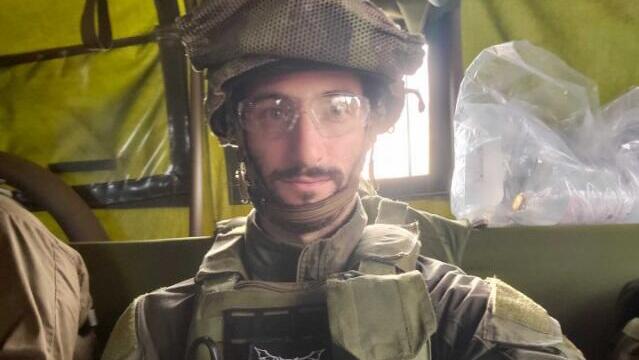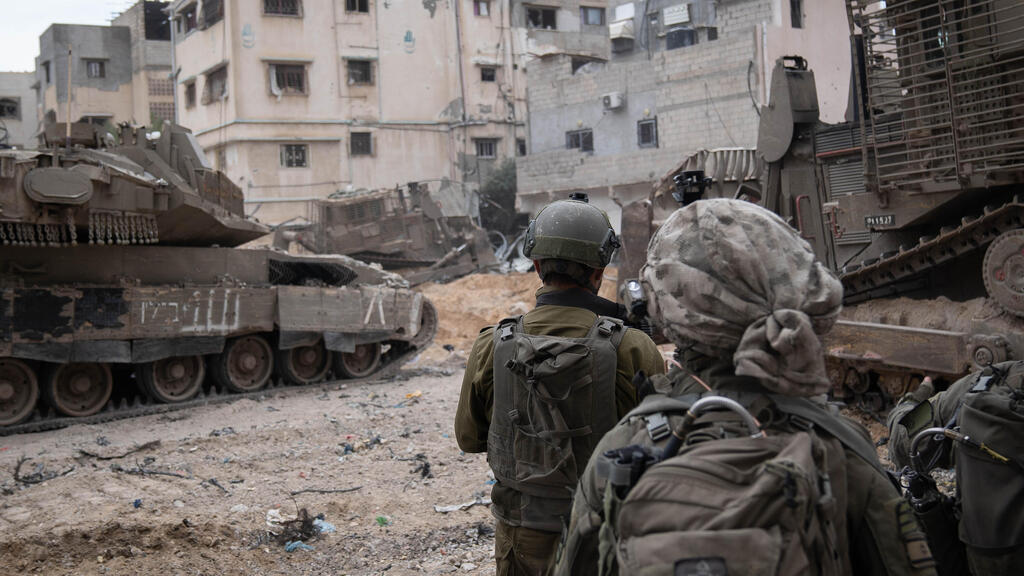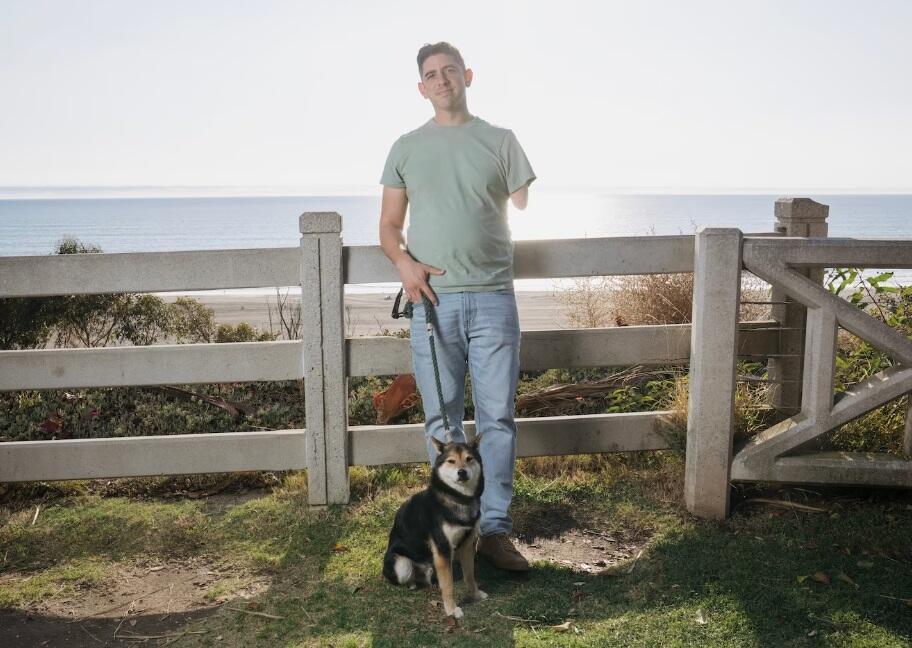Getting your Trinity Audio player ready...
Following the October 7 terror attack by Hamas, and the massacre in the Gaza envelope, many Americans couldn't stand aside while Israel was at war. The Washington Post brought the stories of some of them.
Read more:
Menachem Isseroff, a 29-year-old Brooklyn resident, was part of the Israeli forces deployed to a kibbutz where Hamas terrorists brutally massacred local residents, and engaged in a fierce battle during their unexpected terror attack. Speaking to the Washington Post, Isseroff described the massacre as “absolutely horrific, as any one of those individual scenes would … last most people a lifetime.”
Approximately 10,000 individuals residing in the United States have responded to Israeli military draft notices as part of a broader mobilization of 360,000 troops, as conveyed by Israeli officials to The Washington Post. The State Department reports that at least eight U.S. citizens have lost their lives while serving in Israeli security forces since the commencement of the war.
The surge of U.S. citizens volunteering for IDF service bears some resemblance to the early stages of Russia's extensive invasion of Ukraine. In that situation, the Ukrainian government appealed to Americans and other foreign nationals to aid in repelling the ongoing incursion now approaching its third year. However, there are notable distinctions.
In this instance, the majority of Americans joining the war effort have prior experience in the IDF or maintain status as IDF reservists. A study published last year in the journal Sociological Forum indicates that historically, around 1,200 Americans serve in the IDF at any given time, with many either holding dual citizenship or acquiring it during their service.
In interviews, former IDF members and reservists who have left their American lives behind expressed a sense of determination fueled by the deadliest attack on the Jewish people since the Holocaust. This resolve persists despite increasing scrutiny of Israel's forceful response, leading some to question the war's trajectory beyond the Israeli government's stated goal of dismantling Hamas.
“It’s really not clear to any of us how this is going to play out long-term,” Isseroff said, referring to fellow members of the 55th Paratroopers Brigade. “ … You hope that the people who are telling you what to do have a good grasp on the bigger picture.”
"They’ve put their trust," he said, "in the belief that there is good in fighting to ensure nothing so ghastly can ever happen again."
Izzy Ezagui, originally from Brooklyn and raised in Miami, found himself in Los Angeles last month when the attack on Israel unfolded. With over a decade of service in the IDF, his journey began in 2009 during Operation Cast Lead, the Israelis' 22-day offensive into Gaza. In a tragic turn, he suffered catastrophic injuries, losing his left arm to a mortar strike on his base.
Despite this setback, Ezagui, a skilled sharpshooter, tenaciously fought to remain in the Israeli military. He adapted by mastering the art of cradling, firing, and reloading his rifle with just one arm. About three years ago, at the age of 35, Ezagui completed his duty, feeling the weight of aging as a soldier.
In a sudden shift last month, he made the decision to entrust his service dog, Punch, to family care and put a pause on his finance career to rejoin the IDF.
“As a Jew, there is no better place to be than an IDF base,” Ezagui said. “There is no hopelessness here. I would be suffering if I stayed home.”
Shortly after returning to service, he had a serendipitous encounter with an officer he had known for years. This officer extended an offer to Ezagui for a critical assignment involving transporting water and ammunition to units inside Gaza and evacuating the wounded. Describing these nighttime missions as fast-paced and chaotic, he navigated through foggy, narrow corridors where incidents of friendly fire had previously occurred.
On November 7, Ezagui returned to Los Angeles to attend to matters at home, including determining which family member would care for Punch, his service dog. He voluntarily committed to an additional 10 years of reserve duty. The forms he completed in this process requested the rationale behind his decision to extend his service.
Ezagui wrote two words, he said: “Kibbutz Beeri,” another of the Israeli villages where Hamas fighters rampaged. He appears resigned to the likelihood that there will be difficult and uncertain days ahead.
“Yes, people will die,” he said. “More Israelis will die. A lot of Palestinians will die. But what choice does Israel have?”





